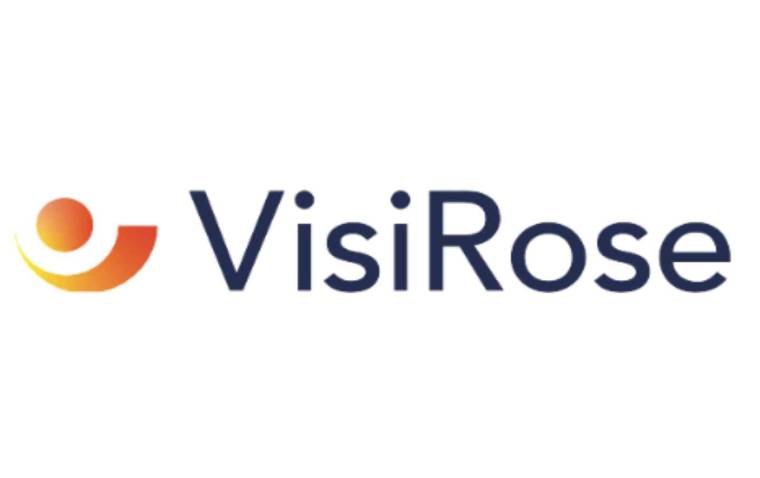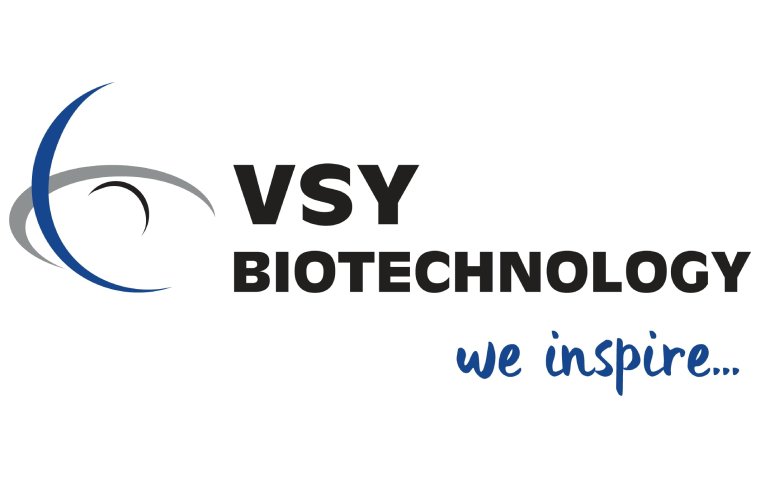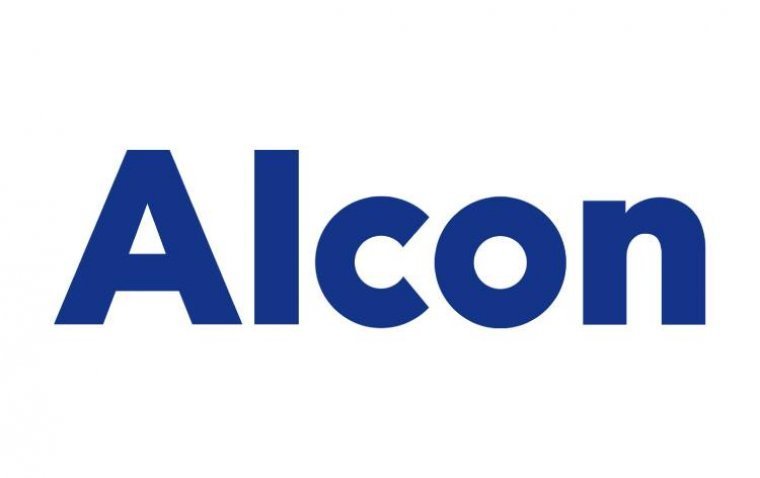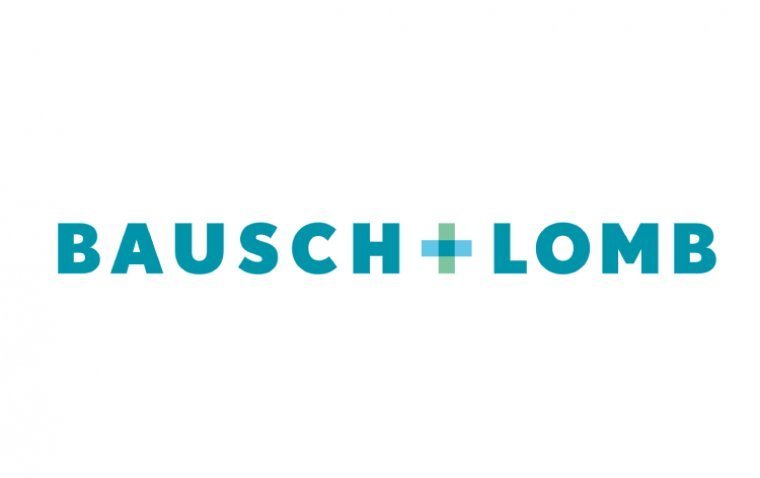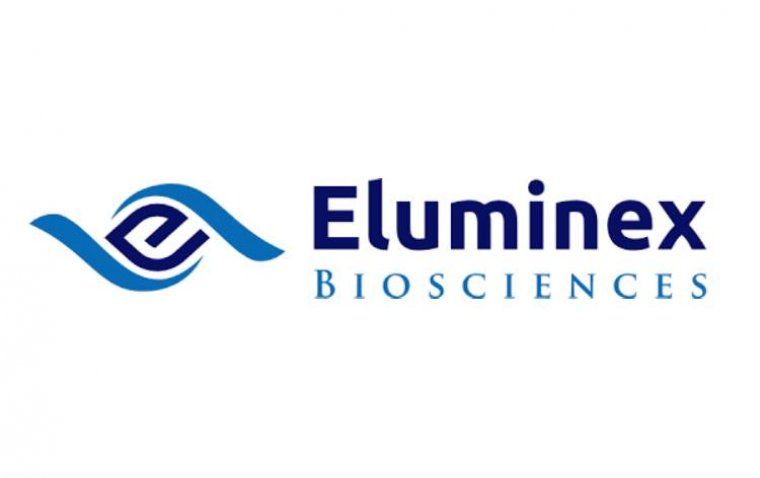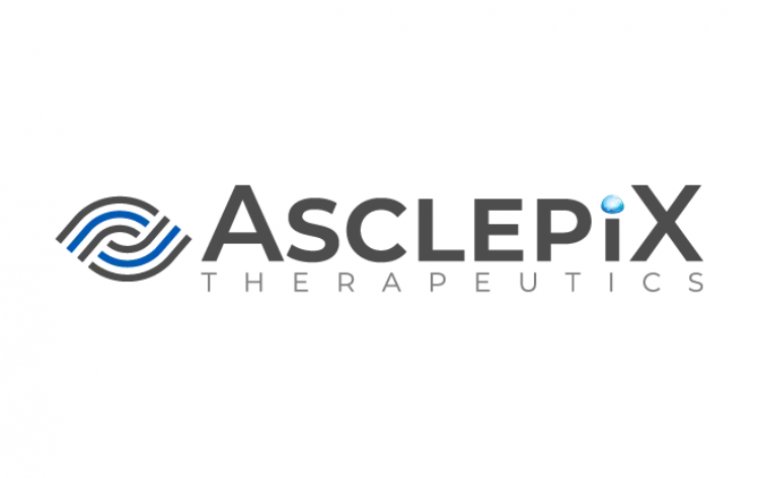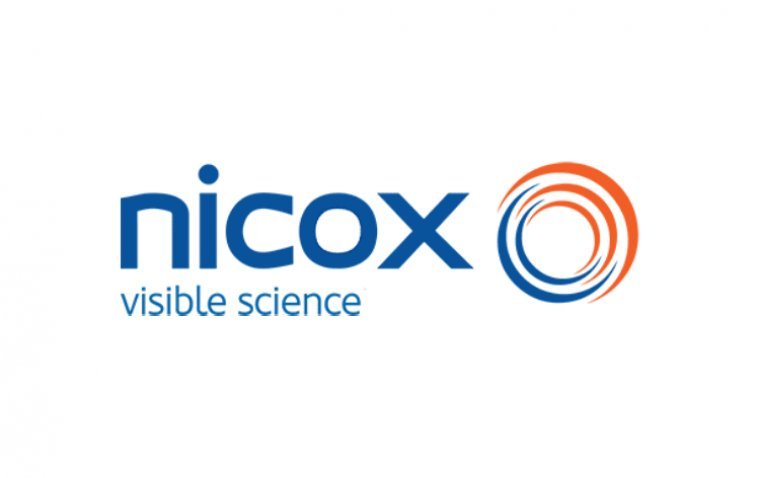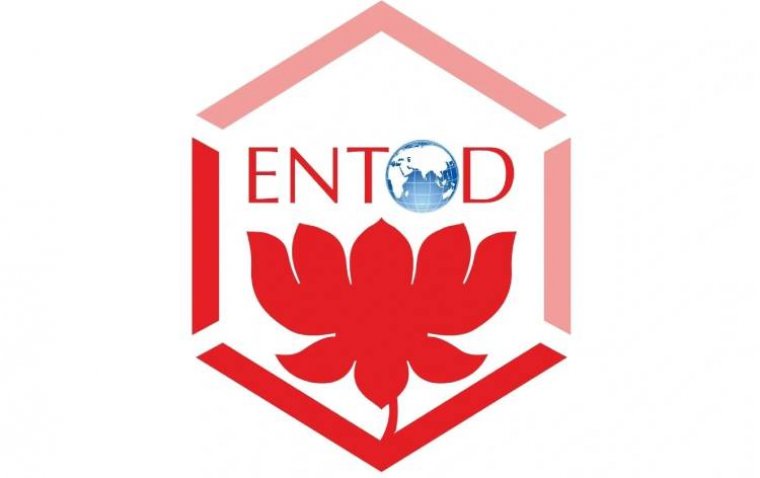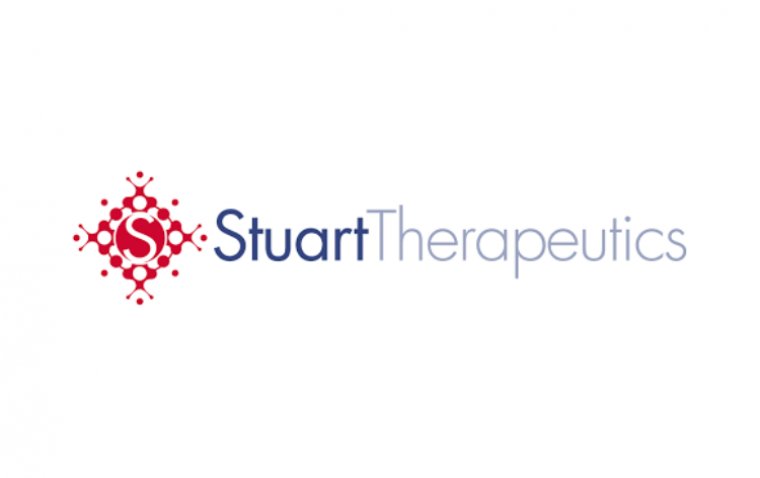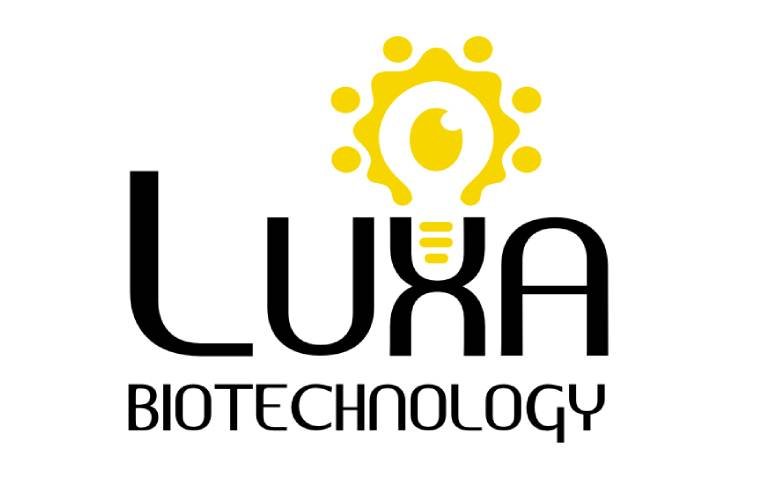
FDA Grants RMAT Designation to RPESC-RPE-4W Transplantation for Dry AMD
Luxa Biotechnology LLC has announced that the U.S. Food and Drug Administration (FDA) has granted Regenerative Medicine Advanced Therapy (RMAT) designation to RPESC-RPE-4W transplantation for the treatment of dry age-related macular degeneration (dry AMD).
This designation, reserved for promising regenerative medicine therapies, highlights the potential of RPESC-RPE-4W to address the unmet needs of dry AMD patients by restoring vision and slowing disease progression.
What is RPESC-RPE-4W?
RPESC-RPE-4W is a cell therapy product derived from adult retinal pigment epithelial stem cells (RPESC) that generate retinal pigmented epithelium (RPE) cell progeny (RPESC-RPE).
The transplantation process involves progenitor-stage RPESC-RPE cells, obtained after four weeks of differentiation, which are used to replace the native RPE cells lost during AMD progression.
Currently, the RPESC program is in a Phase 1/2a clinical trial (NCT04627428), evaluating the safety and efficacy of this novel approach.
Expert Insights on the RMAT Designation
Dr. Keith Dionne, CEO of Luxa Biotechnology, emphasized the importance of this milestone:
“This RMAT designation was granted following the FDA’s review of our compelling preliminary Phase 1 data and underscores the transformative potential of RPESC-RPE-4W in addressing the unmet needs of dry AMD patients who have lost or are losing their vision. We look forward to collaborating closely with the FDA to bring this potential paradigm-changing treatment to patients as efficiently as possible, restoring vision, and improving the quality of life for millions.”
Upcoming Clinical Data Presentation at Wills Eye Conference
To provide further insights into the ongoing clinical trial, Dr. Jeffery Stern, Chief Medical Officer at Luxa, will present safety, tolerability, and early efficacy data from the first cohort of six dry AMD patients at the 77th annual Wills Eye Conference, scheduled for March 6, 2025, in Philadelphia.
Advancing the Future of AMD Treatment
The RMAT designation accelerates the development and regulatory review process for RPESC-RPE-4W transplantation, bringing new hope to millions of AMD patients facing progressive vision loss. As Luxa continues to advance this potentially paradigm-shifting therapy, the field of regenerative ophthalmology moves one step closer to transformative treatment options for dry AMD.
(1).jpg)

